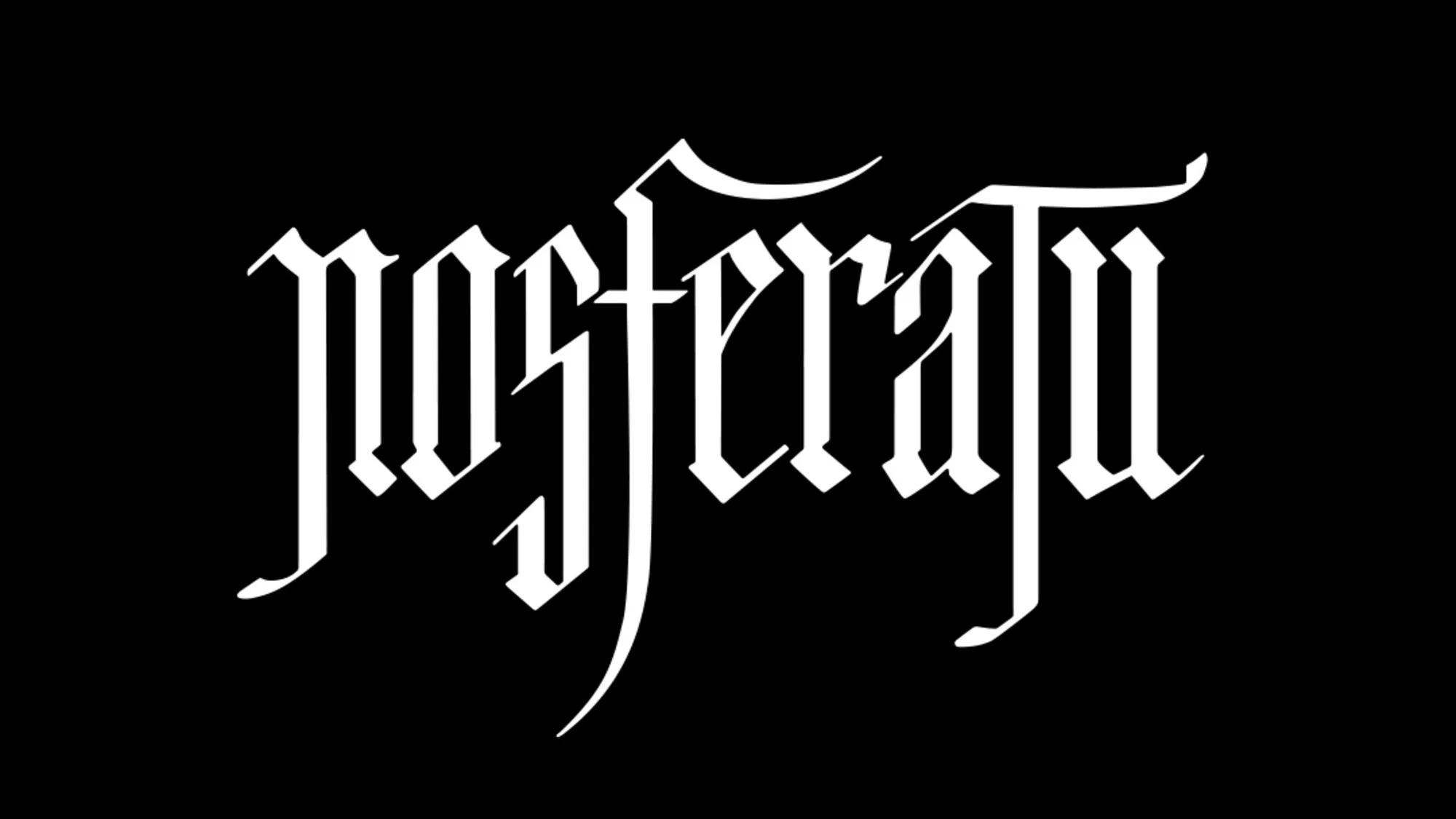Nosferatu (2024): Review

Nosferatu (2024) is a Gothic dark fantasy directed by Robert Eggers, a remake of the cult-classic black-and-white horror film Nosferatu: A Symphony of Horror (1922). The gothic aesthetics of this new movie create a chilling atmosphere, setting the perfect tone for an unsettling, macabre tale. Here are my views on this modern adaptation of the nefarious Nosferatu.
Plot
Set in 19th-century Germany, in the town of Wisborg, this tale of obsession, forbidden sexuality, trauma, and despair pulls us immediately into the world of the married couple Thomas Hutter (Nicholas Hoult) and Ellen Hutter (Lilly-Rose Depp). Thomas, a real estate agent, is tasked with travelling to a remote castle in the Carpathian Hills to meet Count Orlok (Bill Skarsgård) and finalise a property deal with him. The journey to the castle and his stay there are marked with ominous events as he fights for his sanity and life. Back in Germany, Ellen faces erratic bouts of seizures and somnambulism that concern Dr. Wilhelm Sievers (Ralph Ineson) and Thomas’s friend Friedrich Harding (Aaron Taylor-Johnson). Conjecturing that her problem might be beyond the realm of science, Dr. Wilhelm calls for the help of his old mentor, Professor Albin Eberhart Von Franz (Willem Dafoe), an expert in the occult, who is convinced that Ellen is under the influence of the demonic entity known as Nosferatu. As soon as this discovery is made, Count Orlok reaches Wisborg and brings along with him something deadly. It is now up to Thomas, Ellen, and their acquaintances to save human lives and fight against the ancient evil Nosferatu.
Performances
Lily-Rose Depp shone in this. If it was her performing those convulsions without any CGI, then hats off to the efforts that went into making it look so weird and unsettling. Not only did she play the role of being possessed so convincingly, but she also managed to portray the characters of a good wife and a depressed woman burdened by societal restrictions equally well. Except for a few moments where her acting felt a little loud or low, she was phenomenal. This movie depended a lot on her, and as per me, she delivered.
Nicholas Hoult played the role of Thomas Hutter, and what he did well was understand the entire arc of his character. Whether it was him trying his best to provide for his family by being a diligent worker, the terrific scenes of him facing the evil Orlok, the empathy and understanding when he understands the pain of Ellen, or the confidence he has when deciding to take on Orlok. He understood it and made an impact.
The supporting cast, which consisted of Emma Corin, Aaron Taylor-Johnson, Ralph Ineson, and Willem Dafoe, were all great.
Getting to the main guy, Bill Skarsgård, who portrayed Count Orlok. Well, I’ll be honest and say he wasn’t all that scary. His voice modulation was amazing, considering there was no editing done for his voice. But other than that, nothing stood out. I wanted to be scared, either by his appearance, his actions, or even by his mere presence. But it just did not happen for me. I don’t know how much of it is his fault, because he is an amazing actor in general. Unfortunately, this performance did not work for me.
Themes Explored
There’s tons to explore in this movie.
The first scene of the movie, which is done really well and sets the tone for it, deals with the repression of female sexuality in a patriarchal society. It’s this repression that forces Ellen to invoke “the devil” for companionship. Throughout the movie, Ellen struggles with this repression, and the shame within her expands to a point where she is unable to live with it. The dismissal of such sexual trauma causes further suffering, and the cycle of pain continues.
The deterioration in Ellen’s health, when viewed through Thomas’s eyes, shows us the feelings of helplessness one feels when they become isolated because their suffering is viewed as moral corruption by society.
One theme the movie explores really well is the origin of morality. Whether morality is internally chosen or affected by external forces. There is one dialogue by Ellen that raises an essential question.
“Does evil come from within us or from beyond?”
One of the things I appreciated the most in this movie is how it explains to us that ignoring evil just makes it more powerful. And that if you need to conquer evil, you should first acknowledge that it exists. You should seek within yourself all the flaws, biases, and reactions that support and strengthen this evil. It also tells us that sacrifice is the only way to salvation. Well, that’s what I understood at least.
“We must know evil to be able to destroy it. We must discover it within ourselves. And when we have, we must crucify the evil within us, or there is no salvation.”
Conclusion
Do not enter this movie expecting it to be a horror piece. It isn’t really horror, but it is so much more than that. The Gothic atmosphere, the claustrophobic castle, and the power-packed performances all together make this an amazing watch. For people who want an action-packed vampire film, this is not for you. This movie is for people who would like to watch a period Gothic macabre tale that explores heavy topics. Definitely watch this if you’ve seen the original Nosferatu; it fleshes out some characters really well and expands the narrative in a manner that I felt was refreshing.